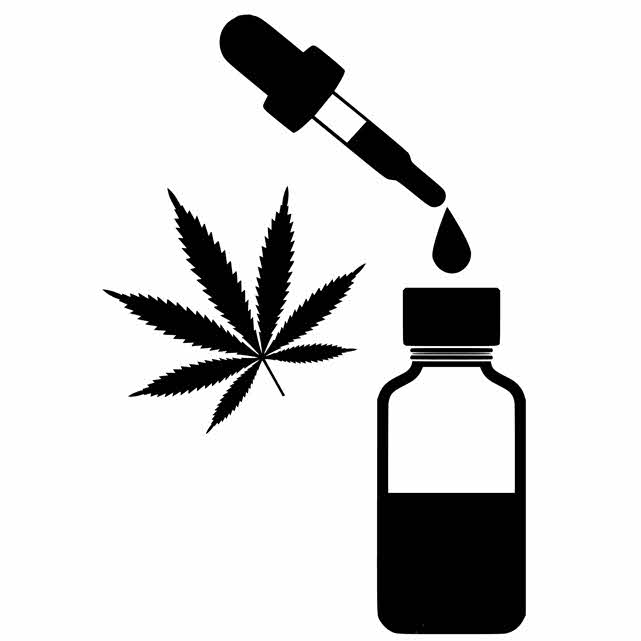If you walk into a marijuana dispensary or CBD store today, you are sure to come across a large selection of cannabis concentrate products. This can be confusing for people, given how similar a lot of the liquid concentrates appear to be. Case in point: tincture vs extract. Are they one and the same? If not, what is the difference between them? Is one superior to the other?
It is important to know the answers to these questions so that you can make informed decisions as a consumer, especially if you are purchasing cannabis products for medical reasons. Below we explain all you need to know about cannabis tinctures and extracts: what they are, how they differ, and what they can do for you.
What is a tincture?
A tincture is a type of herbal extract, which is why the tincture vs extract discussion tends to confuse people. Specifically, it is a liquid supplement containing certain active and desirable ingredients from the plant in question. Tinctures are usually made with alcohol that has been distilled at a minimum of 190 proof. Other solvents like glycerin and MCT oil may also be used.

The process is simple: part of the plant is soaked in alcohol, typically for a period of several weeks. During this time the alcohol draws out the active constituents and isolates them. The mixture is then strained, filtering out the plant material. The result is a highly concentrated liquid, which goes into the small glass bottles you see at the store.
Tinctures have been around for centuries. In addition to cannabis, it is common to find tinctures derived from chamomile, garlic, ginger, and ginseng, to give just a few examples. Each has been shown to provide therapeutic benefits.
The nice thing about cannabis tinctures is that the herb’s organic compounds—like terpenes and cannabinoids—that are responsible for its desirable effects are present in the end product. They also last for years when stored properly. (They should be stored in a sealed container and kept in a cool, dry place away from the sunlight.)
What is the difference between a tincture and an extract?
As we noted, tinctures fall into the broader “extract” category. But there are some differences. To use a familiar formula: all tinctures are extracts, but not all extracts are tinctures.
The main difference lies in the level of concentration. Simply put, extracts are more potent than tinctures. In the case of extracts, the ratio of alcohol to herb is 1:1. Tinctures are made using more alcohol and less plant, with a ratio generally ranging from 3:1 to 8:1.
Extracts, therefore, are administered in smaller doses than tinctures. Moreover, they have to be shaken before they are used, as the liquid contains residual plant material that separates from the alcohol and forms sediment.
One is not necessarily better than the other, though it should be noted that tinctures preserve more of the herb’s essential oils.
What are the benefits of tinctures?

There are many upsides to using cannabis tinctures. For one thing, they’re remarkably simple and efficient. Other edible forms of cannabis are slow-acting and difficult to dose properly, involving a lot of preparation and guesswork. With tinctures, it is simply a matter of placing a few drops beneath your tongue. You will know precisely how much you have taken and the effects will be felt within minutes.
A lot of people have an aversion to cannabis due to its pungent aroma. Tinctures lack that characteristic smell and come in a variety of flavors. They are also free of the stigma that has surrounded marijuana for so many years; as a result, more people approach tinctures with an open mind.
Because tinctures are absorbed orally, they do not cause gastrointestinal distress, making them a good option for people suffering from digestive issues. This also makes them more consistent and predictable, as their effects do not vary according to how much food you have in your stomach.
Do tinctures and extracts have medicinal properties?
Cannabis extracts are used by consumers for a range of therapeutic purposes. For instance, they can help relieve symptoms associated with depression, arthritis, seizures, inflammatory bowel disease, insomnia, bipolar disorder and diabetes, among other conditions.
Scientific research suggests that CBD—one of the principal components of cannabis extracts—can be used to reduce chronic pain, anxiety and certain psychological disorders like schizophrenia when used at the correct dosage. It is also known to be particularly effective in treating people who suffer from epileptic seizures.
CBD is widely regarded as a well-tolerated and low-risk supplement. Common side effects include dry mouth, drowsiness, low blood pressure and light-headedness.
